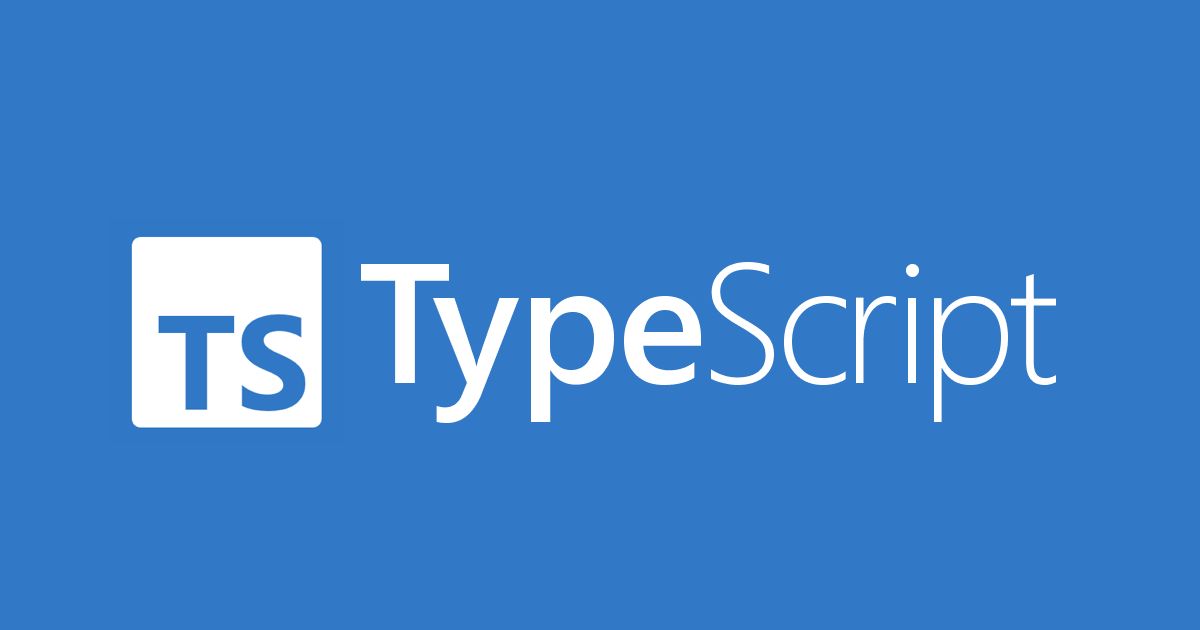
We can create our own utility types by some advanced mapped type usages.
Basics
Let's see the basic example.
type Person = {
name: string;
gender: string;
age: number;
married: boolean;
}
For general uses, this data can be modified partial of it or only for display.
type PersonPartial = {
name?: string;
gender?: string;
age?: number;
married?: boolean;
}
type ReadonlyPerson = {
readonly name: string;
readonly gender: string;
readonly age: number;
readonly married: boolean;
}
This would write lots of duplicate code.
Reduce the duplicate code
Thus, we can use mapped types syntax to reference the original type.
type UsePartial<T> = {
[K in keyof T]?: T[K]
}
type UseReadonly<T> = {
readonly [K in keyof T]: T[K]
}
type PersonPartial = UsePartial<Person>
// { name?: string, ... , married?: boolean }
type ReadonlyPerson = UseReadonly<Person>
// { readonly name: string, ... , readonly married: boolean }
... in ... syntax is similar to the JavaScript for. . .in statement, which is used to iterate all types in type keyof T
keyof operator is used to get all the keys of a type T, and its return type is a union type.
T[K] is similar to the syntax for attribute access, and is used to get the type of the value corresponding to an attribute of the object type.
And we can adding + and - prefixes to the modifiers ? or readonly to add or removed the modifiers.
type NotAllowPartial<T> = {
[K in keyof T]-?: T[K]
}
type AddReadonly<T> = {
+readonly [K in keyof T]: T[K]
}
If we don't add prefixes to the modifiers, the default is +.
More tips to generate key types
And also, we can use as ... syntax to generates the corresponding type from the type T.
type UseGetter<T> = {
[K in keyof T as `get${Capitalize<string & K>}`]: () => T[K]
};
type GetPerson = Getters<Person>
// {
// getName: () => string;
// getGender: () => string;
// getAge: () => number;
// getMarried: () => boolean;
// }
Because the Capitalize utility type requires string type for its parameter, and the return type by keyof may includes string, number and symbol type. we need to filter it by the string & ... .
Bonus
If we return never type, it would be filter in the process of mapping keys.
type Status = 'excellent' | 'great' | 'bad'
// type Exclude<T, U> = T extends U ? never : T
type InfoGetterWithFilter<T, U> = {
[K in T as Exclude<T & string, U>]: string
}
type GetGoodStatusInfo = InfoGetterWithFilter<Status, 'bad'>
// {
// excellent: string;
// great: string;
// }